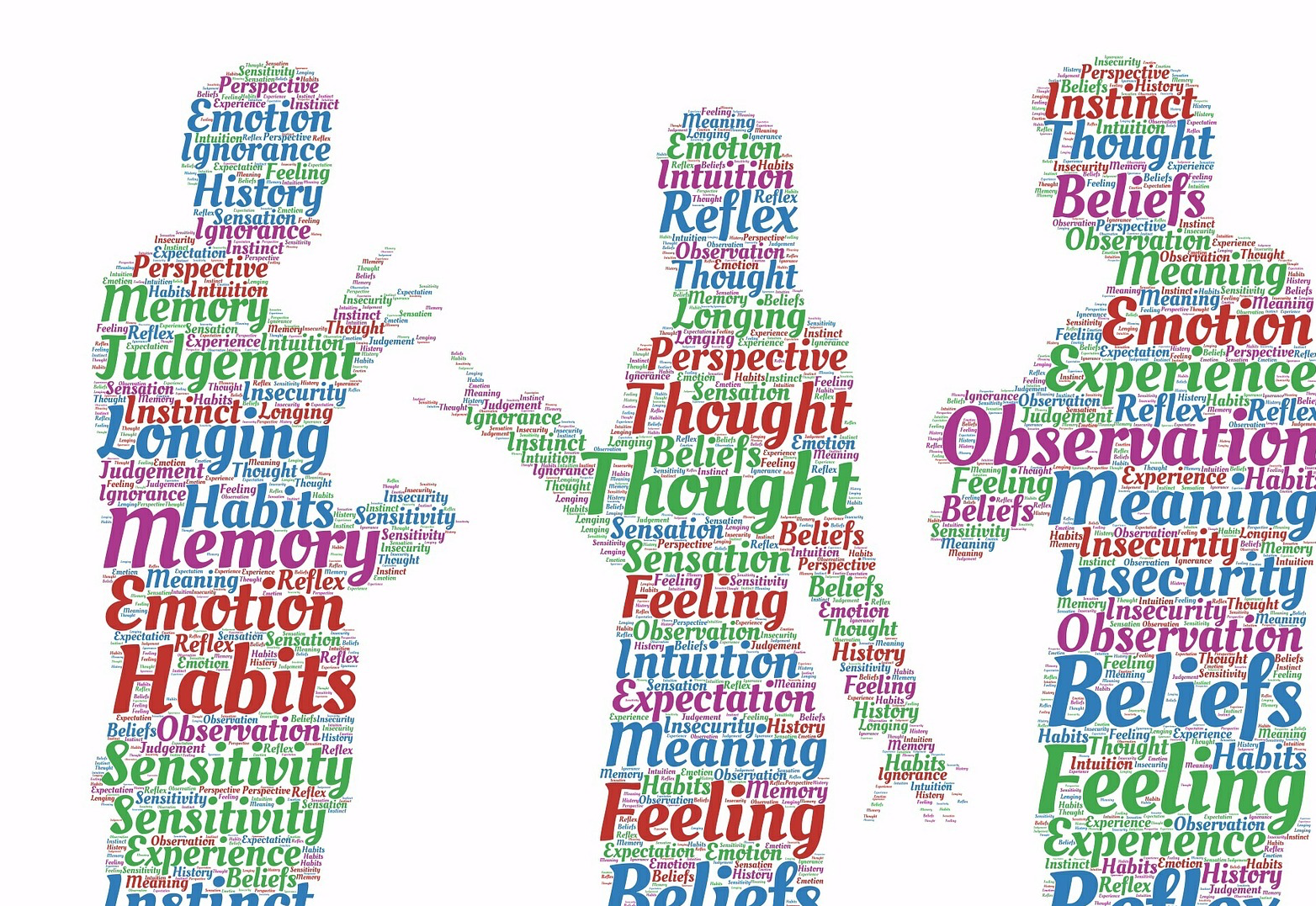
You should disagree with yourself when you're about to make a business decision here's why:
Every time we re-affirm what we think we know, we restrict our vision and ignore more possibilities.
There's a reason why think tanks like the Brookings Institution or the Earth Institute are comprised of many minds; additional perspectives help reveal more insights when working together.
When you begin to toss an idea around for a change in your startup company, or are problem solving ask yourself:
"What are my existing beliefs and preconceptions?"
And just as importantly ask, "Do I really want this theory to be true?"
If you answered yes, that's a red alert that you may be filtering new info through a tinted lens which won't reveal the bigger picture of what's possible.
So be careful if you're feeling yourself leaning towards one conclusion already, because you may overlook flaws in this idea and misread signals as something you want to see rather than reality.
That can be a fatal flaw when starting a business, launching a product, adding a new service or simply taking a new direction for your company or life.
When you're launching a new type of business that you haven't done before, it's good to ask:
"What's missing?"
This is great for analyzing any gaps in the competition as well as your initial blueprints or launch plans.
After you've thought long and hard about what's missing, and feel like you've gotten as far as you can, ask:
"What else?"
Be deliberate about finding your own blind spots. Disagree with yourself when you're quick to say everything is perfect.
Just like the How to Think Like A Winner blog, discusses looking at your business like a competitor who wants to destroy your company, you want to shift perspectives for maximum effect.
Here's another way to look at your new ideas, or plans: view them as a theory before committing to them.
When scientists create a theory, it isn't cast in stone. A theory isn't proven right it's just not proven wrong. After scientists work really hard to disapprove their theory and can't easily do so, that's the moment when a theory starts to be taken seriously.
And after a lot of time passes, new facts can come to light that shed more light on this theory, what's wrong about it or why it is more right than we first thought it would be.
So try to disprove yourself when you're convinced that your new idea is going to be the money-maker.
If you're feeling confident about your approach to solving a problem, ask what else can go wrong?
Disagree with your own conclusions and see if you can hold 2 opposing view points about the same issue in your mind at the same time.
The idea isn't to unnecessarily create inner conflict but it's to illuminate the range of possibilities beyond what your initial impulses are.
Poking holes in your theories is what makes them stronger because as you do so, you'll find new solutions as well.
It's akin to a great sales pitch. A great sales pitch doesn't just tell you everything is going to work out perfectly: it acknowledges the objections you may have and then overcomes them.
Get into the habit of asking yourself:
"What am I completely wrong about?"
Empty the recycle bin of your wrong ideas because when you do so it makes a new space for good ideas to emerge.
"One mark of a great mind, is the willingness to change it." - Walter Isaacson
You may need to get some breathing room from your ideas. Put them down for a while and come back to your notes in a day or two. Or even a week.
Writing in my journal since I was a teen has helped me see my own personality with new eyes as multiple versions of who I am, was, and am becoming get to look back and see things my old me didn't see.
It's an incredible tool not enough people use.
You should disagree with yourself - constructively with the intent of improving the design - because if you don't someone else will come along and prove you wrong eventually.
A mouse that believes and convinces itself to believe there are never any cats around is just prepping itself to become a feline dinner.
The ultimate goal here is to discover what's right not just to be right.
The most incredible minds of past and present generations used a series of thought experiments to challenge assumptions on how the world works.
Niels Bohr and Albert Einstein debated about quantum mechanics and the uncertainty principle about the impossibility of determining both the exact location and momentum of subatomic particles.
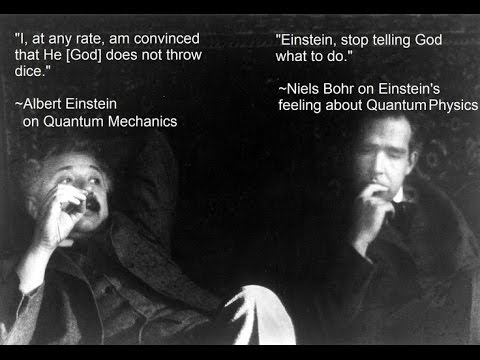
Source: https://www.youtube.com/watch?v=SBgC0PyIomU
Their public debates sparked new ideas for both scientists, as each questioned the other's conclusions and didn't just accept they were completely right.
What you see and experience in life is always through your own eyes. You won't know how to ask about what you don't know. What may seem pretty obvious to other people isn't as obvious or clear to you.
Other people who aren't attached to your own view of life and the world don't have the same emotional ties and beliefs to your opinion on a topic. This means they won't automatically reject info that conflicts or disagrees with your world view.
That's not to say this is easy. Tribalism has re-emerged in the internet echo chambers of social media. As the 2016 election showed us, sites like Facebook enhances this tribalism and encourages us to only search out ideas that agree with our own.
This is the confirmation bias turbo-charged. We add people on Facebook and Twitter and Instagram that match our existing interests. We get newsletters from blogs that agree with our dominant world view and opinions.
It's far too easy to cultivate a circle of "yes men" that just reiterate our existing feelings and belief systems. That's part of how systemic racism still pervades our government, police force and politics - opposing ideas aren't nurtured to question preconceived notions.
When the circular logic of an idea is repeated by other people, we then feel it is more right, the more people say it even if it's completely wrong and uncalibrated with reality. (How else do you think flat-earthers still exist?)
Just like the mouse that thinks there are no cats meeting other mice that also think cats aren't around - we fall victim to the over confidence of group thinking on one single narrative.
Without opposing ideas there to make us re-think assumptions, we are also food for cats when we are busy just hearing the same ideas repeat and pretending that ideas that don't agree with ours don't exist.
In order to continue to grow and develop, whether that's for a new business strategy or new look at our life perspective we have to make the decision to step outside the circle of yes-men.
We benefit from asking ourselves:
"Who disagrees with me about this topic?"
Getting a contrasting opinion about our thoughts and opinions on a new venture and being open to having our ideas challenged just strengthens critical analysis skills.
Rest in peace to Ruth Bader Ginsburg - she had her Antonin Scalia to bounce ideas off of and dissent with. Einstein had his Niels Bohr.
Here are a few tips if you'd like to test your ideas out before risking putting your eggs all in one basket:
1. Hold 2 Opposing Views for New Launches
Come up with some disagreements for your ideas going forward and see if you can make headway on a third new idea that is balanced between the two.
2. Seek Colleagues Who Already Disagree With You
I have a friend who is an engineer and she frequently disagrees with me but, her views are well-informed. Even if we don't agree - a lively discussion results in new ideas outside our own echo chamber.
Seek out personal or business colleagues who are willing to challenge your ideas.
3. Ask Your Friends to Disagree With You
Your friends that you normally always agree with can play devil's advocate in a discussion about your new business strategy and poke holes in it to allow you to solidify a better plan. One of my business associates and friends runs several giant entrepreneur Facebook groups. I frequently bounce business ideas off of him and ask for his critique. I have benefited from learning how and why he may disagree with me.
4. Question How You're Wrong
Simply ask yourself, "How could I be wrong here?" and do some free writing to see what your first impulses come up with.
5. Create An Imaginary Opponent - Even Model It After Someone Famous In Your Field
Think about famous people who hold an opposing view to yours about certain topics, and make a mental model of them to argue with.
This can be fun - imagine Steve Jobs sitting on your shoulder disagreeing about the aesthetic design of your new product. I disagree with Elon Musk's cyborg dreams of implanting microchips in our brains - arguing with Elon on other topics related to my field of business produces new insights I wouldn't have otherwise of thought of.
Just make sure you give your mental model real teeth and not straw man arguments where the other side's view is so extreme it's a little too easy to dismiss.
Taking a page from the vice-chairman of Berkshire Hathaway, Charlie Munger, remember:
"You're not entitled to take a view, unless and until you can argue better against that view than the smartest guy who holds that opposite view."
How do you plan on using this strategy in your business? Comment below!
New Solution to Facebook Ad Policy Violations
After years of working at Facebook, I understand exactly what ad copy in your funnel is triggering the automations and how to get compliant. I'm a Facebook ad policy specialist and can audit your funnel, and share what to say that Facebook wants to see instead - but just isn't telling you.
Want to book a call to talk to Facebook and get results? Get solid answers directly from the source instead of guessing, googling and playing roulette? Schedule a call with me and I can easily tell you proven reasons why the automations flag you and how to become compliant.
You'll be swapping out walking in a minefield of ad flags, to have a sure path to having your Facebook ad accounts protected from being disabled. My clients have included social media marketing agencies of Tony Robbins, Harv Eker and Dean Graziosi. I'm featured on the Queen of Facebook Mari Smith's Marketing Essentials Course.
Save energy and money - how much is it costing you to not know why Facebook is shutting you down? My calendar is here.
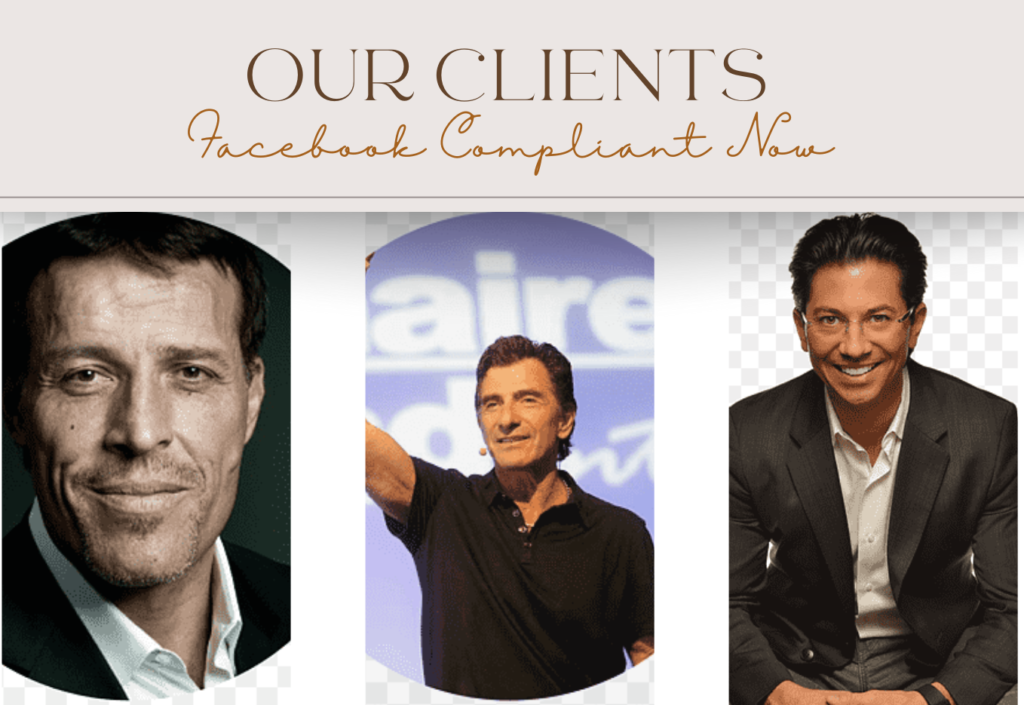
I get 100s of emails a week from businesses and advertisers asking for help when their facebook ad account keeps getting disabled, so my calendar gets booked fast. But if you want to get to the front, you can pre-pay for a consulting session here: Book a call
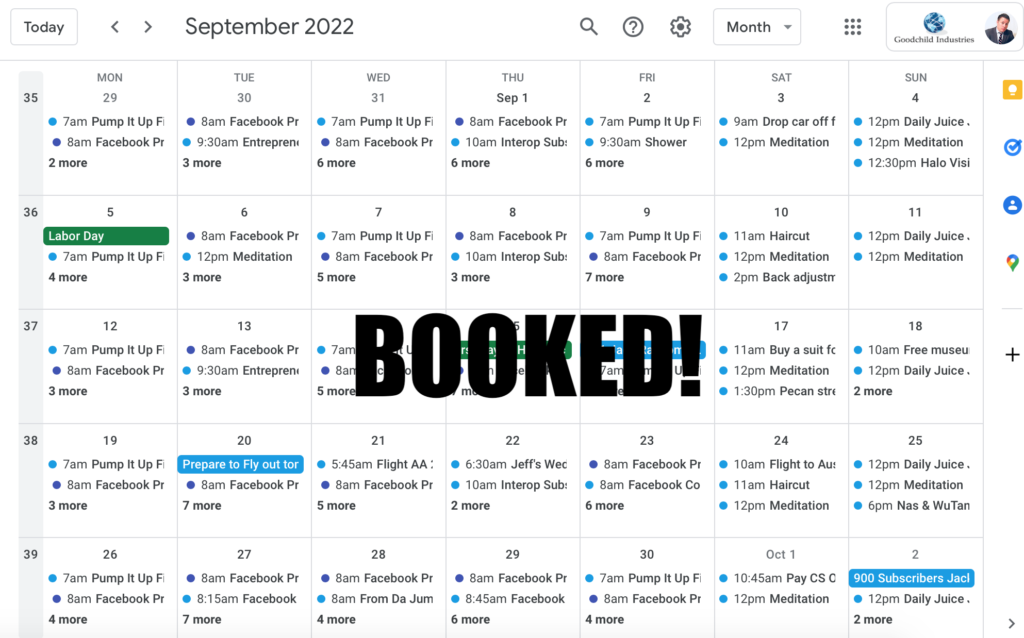
If you want to skip the line before this offer ends, immediately secure an expert-level Facebook consulting call from someone at Facebook. Book a call with me now! If you're ok with waiting a bit longer, and entering the waitlist to see if you're eligible - Schedule a call or contact me via email.
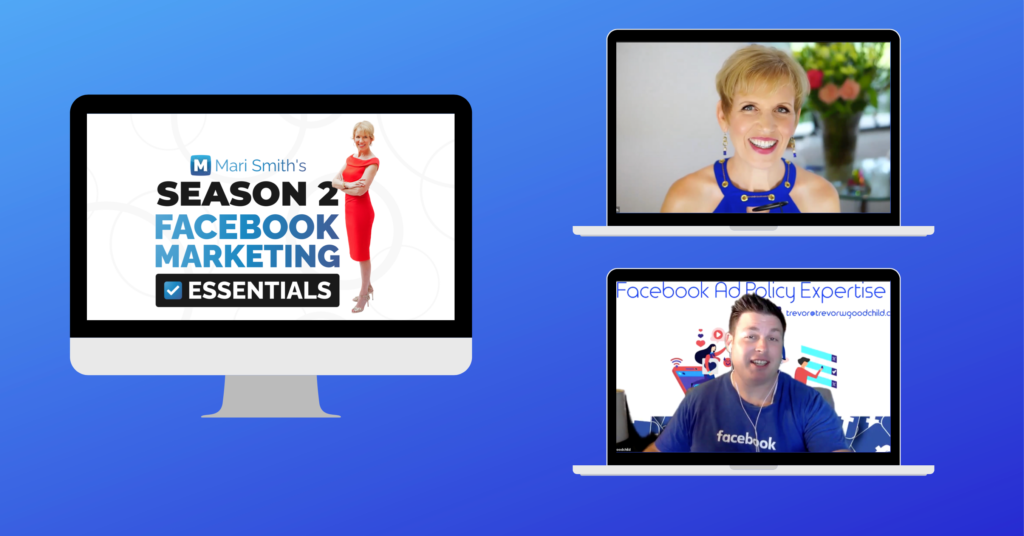





Leave a Reply
You must be logged in to post a comment.